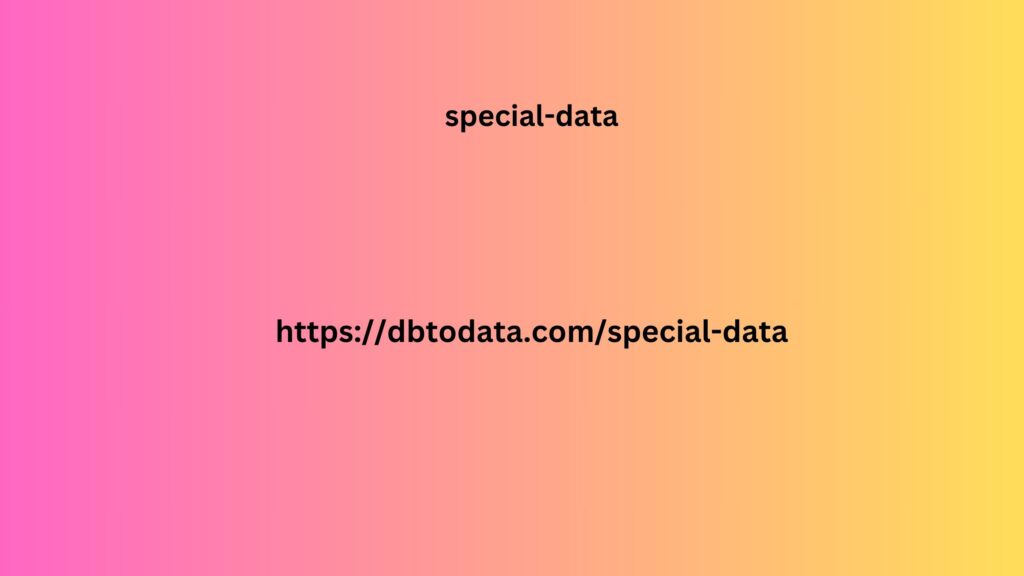Use a VPN (Virtual Private Network) – Use private browsing on your browser (Incognito Mode/Private Browsing) – Adjust your privacy settings via Google activity controls – Turn off location on Google Maps – Use a different browser or search on a different browser – Delete Google orders Unless you go completely offline, the fact remains that the more technology we use, the more information is given and stored about us. But with all the aforementioned controversies over the past few months, more transparency has been created about what Google actually knows about us.
For more information
visit the Google Security Center for a comprehensive overview of their privacy policy. HAVE A NEW PROJECT? LET’S START IT TOGETHER! Google, as one of the largest search engines and technology giants, has access to a large amount of data self employed database about users who use their services. What Google really knows about you Google This data is used to provide a personalized experience, improve the relevance of searches, advertising and other purposes. Here’s some key information about what Google knows about us:[/caption] Searches: Google records all searches that users enter into their browser. This allows Google to better understand users’ interests and needs in order to provide them with more relevant search results in the future.
Location : If you use
Google Maps or enable access to your location on your device, Google will track your location to provide information about places near you and improve your navigation experience. YouTube history : If you use YouTube, Google records the video content you watch, like and share. This helps them recommend similar content that might be of interest to you. Gmail and Google Workspace : If you use Gmail or Google Workspace (formerly known as G Suite), Google has access to your email and calendar events. This allows Google to provide personalized recommendations and reminders based on your emails.
Interactions with ads
Google tracks your interactions with ads to better understand your preferences and goals. This allows them to provide targeted advertising that may be relevant to you. Apps and Chrome extensions : If you use the Google Chrome browser or apps that are integrated with a Google Account, Google may have access to certain activities and data within those apps. It is important to note that Google uses this data in accordance with its privacy policy and provides options for users to manage and limit data collection. Users can view and delete search history, manage privacy settings, and control ad personalization within their Google Account.
Although Google uses this
data to improve the user experience, it is important for users to be aware of how much information they are sharing and to be careful with their personal data online. Using privacy options and regularly reviewing your privacy settings can help working with logistics providers users better control the information Google knows about them.We’re sure you’ve heard a lot about site loading speed. The topic has become very serious in the past year. Google and site loading speed site loading speed What is the reason for this sudden obsession with site loading speed? The answer is – Google, of course.
Over the past few years
Google has been constantly changing its site optimization rules. Site loading speed is what Google primarily insists on. Why? Let’s find out. Here’s why cz lists site loading speed is important Why is this important? Two words: Google commands. However, take a few moments to consider why this is so and help your visitors see your website better . Example: You come across a blog that takes a long time to load. Do you want to visit that blog again? Of course not.

